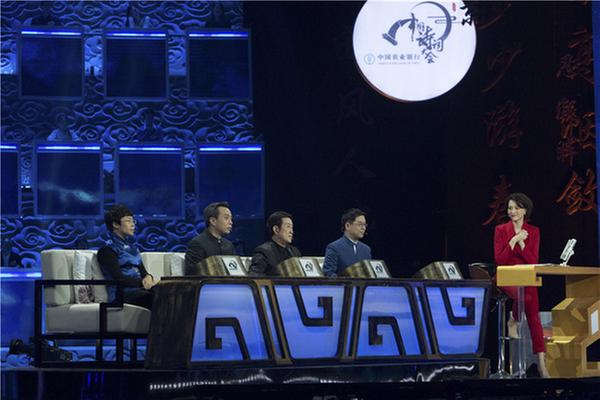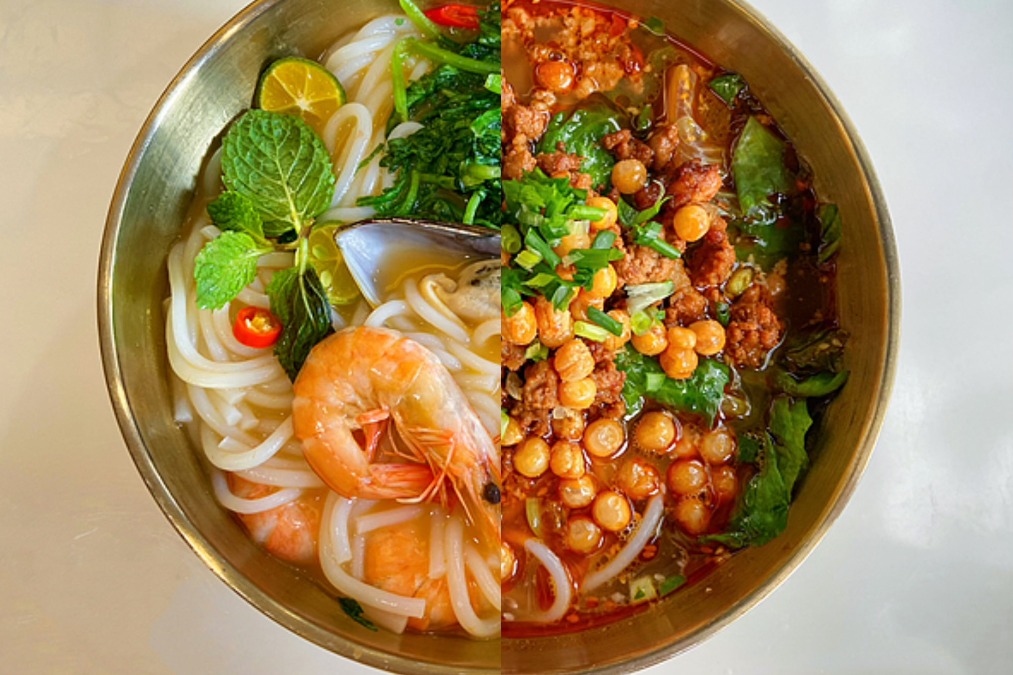Pure poetry that has China achatter

 |
| The panel of judges of Rendezvous With Chinese Poetry. [Photo provided to China Daily] |
Teaching critique
The TV program has also stoked simmering criticism about shortcomings in how traditional culture is taught, one of the main gripes being that it puts too much store by memorization, rote learning and examination results. Such critics say an exam-oriented educational strategy undermines efforts to encourage young people to appreciate traditional culture, and in turn eventually to pass that appreciation on to their children.
Indeed, many of the poems Wu recited in Rendezvous With Chinese Poetry are not included in the national school syllabus.
"Many teachers just go with the syllabus, with their teaching geared to students passing exams," says Huang Ronghua, a Shanghai middle school teacher.
Huang says schools have all but destroyed students' interest in poetry by forcing them to devour and memorize poems as little more than exam fodder. In addition, many students have little time to read poetry other than what is in the syllabus.
In any case it is usually difficult for students to memorize let alone appreciate classic poems because modern life and what is conveyed in poems are worlds apart, Huang says.
Nevertheless middle school students ought to be obliged to read and memorize more poems and thus gain a basic ability to appreciate them, he says.
The view that rote learning tends to kill students' interest in classic poems is one that has wide support, but Wen Chen says he does not fully endorse that position.
He was made to memorize poems as a student, and he is grateful that this was done, he says. The process was boring, he says, but it bore fruit in that he was able to familiarize himself with many classic poems and engrave them in his mind.
"Unlike mathematical formulas, poems we memorized had a far-reaching influence, and I can still feel it all these year later."




































